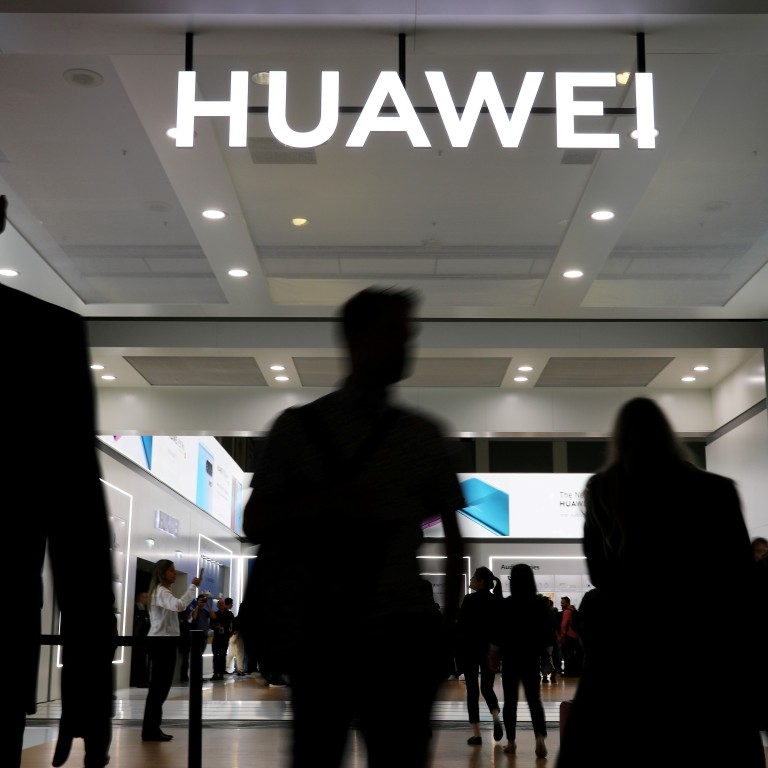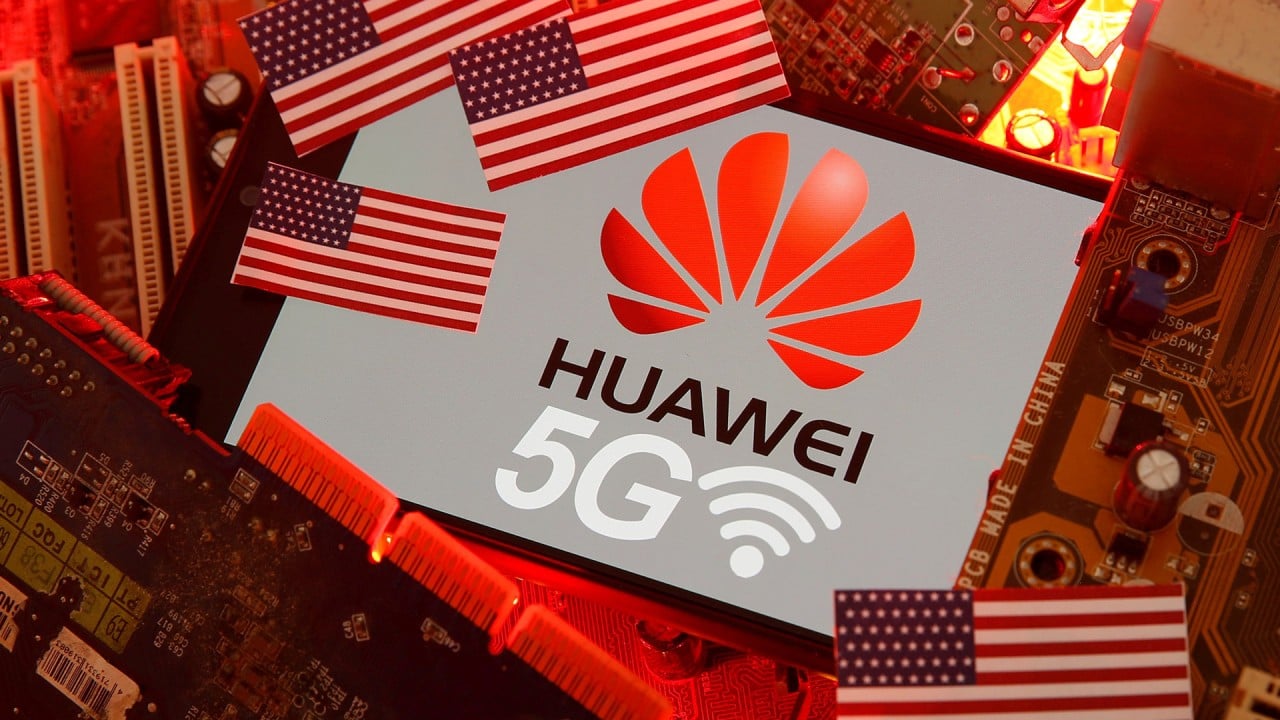
Huawei diversifies business with new focus on ports, data centres, highways, solar industry amid stifling US sanctions
- The telecoms giant has established four new business units to ramp up efforts to diversify its operations, as the company struggles with US trade sanctions
- It marks Huawei’s latest tactical move to expand its revenue sources, while working to stay relevant in the smartphone and telecoms carrier equipment markets
The new units are focused on digital transformation products and services for customs and ports; technologies to reduce the energy consumption of data centres; and smart systems for highways and the photovoltaic industry.
“Operating as independent legions, [the new units] break the existing organisational boundaries [in Huawei] so they can quickly gather resources … improving efficiency,” Ren said in the internal announcement. “[Each of these units] should dig deep into one field, be responsible for its business success and produce more ‘food’ for the company.”

05:22
Huawei founder on cybersecurity and maintaining key component supply chains under US sanctions
Xun Su, an executive who has worked at Huawei for more than 20 years, was named head of the new customs and ports unit. Yang Yougui, previously president of Huawei’s Middle East regional office, now heads the data centre energy efficiency unit. Ma Yue and Chen Guoguang serve as the heads of the smart photovoltaic and smart highway units, respectively.
It remains unclear how the new business units will be positioned alongside Huawei’s core consumer, carrier and enterprise operations.
Their creation marks the latest tactical move by Huawei to expand its revenue sources, while working to stay relevant in the global smartphone and telecoms carrier equipment markets.
“Huawei’s efforts to diversify its operations will focus on businesses that rely less on high-end chips,” said Yang Guang, director of the service provider group at research firm Strategy Analytics. “The photovoltaic and automotive industries, for example, do not require advanced chips like those used in smartphones.”
Huawei founder seeks foreign recruits to bolster firm’s R&D efforts
Huawei cranks up mobile payments effort to diversify its operations
That marked what Ren described at the meeting as Huawei’s “self-reliance in production” programme, known as “Nanniwan”. This refers to the company’s expansion into new vertical markets, while also broadening its consumer product line to include television sets and tablets.
Although China’s enterprise market is fragmented and require customised solutions, projects in the coal mining, steel and port sectors are mostly large-scale, which is why Huawei is taking part in those industries, according to Strategy Analytics’ Yang.

